Tensions within the New Nigeria Peoples Party (NNPP) have escalated, with its Board of Trustees (BOT) holding a special meeting in Lagos that resulted in the suspension of Alhaji Musa Kwankwaso, the former presidential candidate of the party.
The suspension, spanning six months, comes in light of alleged anti-party activities during Kwankwaso’s interactions with President Bola Tinubu, Atiku Abubakar, and Peter Obi of the Labour Party.
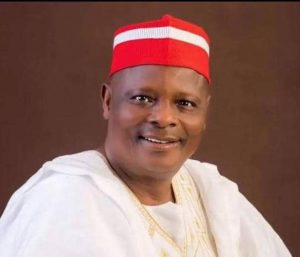
The suspension was enacted by NNPP leaders Boniface Aniebonam and Agbo Major during the assembly at Rockview Hotels in Lagos’s Apapa area. This move triggered the suspension of the party’s National Working Committee (NWC) as well. Both measures are aimed at addressing internal conflicts.
Following this, a subsequent statement announced the resignation of BoT Chairman Boniface Aniebonam, with Tope Aluko assuming the position, and Babayo Abdulahi taking on the role of BoT Secretary. Aniebonam’s group cited the NWC’s “incompetence” and emphasized their failure to follow constitutional procedures.
Amid these changes, the group criticized Buba Galadima for identifying himself as BoT Secretary, deeming it a breach of the constitutionally defined BOT composition. The statement also introduced new appointments, including Dr. Agbo Major as the acting National Chairman and Comrade Ogini Olaposi as the acting National Secretary.
In response, the Kwankwaso faction organized a “NEC meeting” in Abuja, leading to the expulsion of Aniebonam and Major. The discussions during this gathering covered various topics, such as the party’s logo, amendments to the constitution, state caretaker committees, and the suspension of two articles in the 2022 NNPP constitution. The Abuja faction rejected the decisions made by the Lagos group, declaring them as “null and void.”
Present at the Abuja meeting were Kano State Governor Abba Kabir Yusuf, as well as party stalwarts Kawu Ismaila and Buba Galadima. These recent developments have intensified the internal divides within the NNPP, raising uncertainties about its cohesiveness and political trajectory.

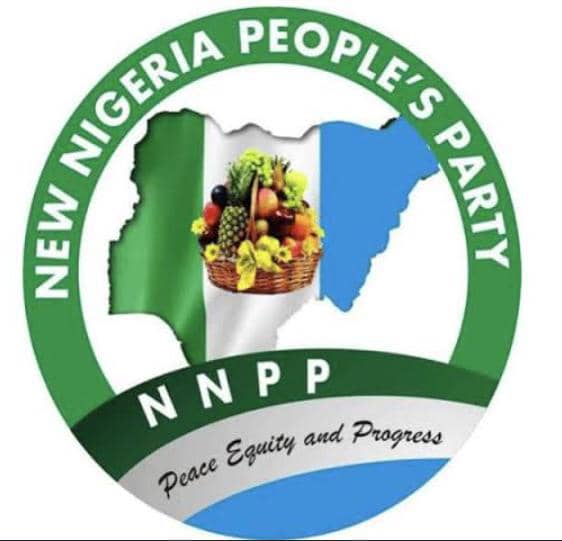


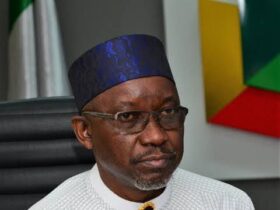
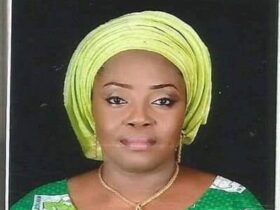
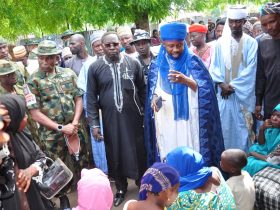
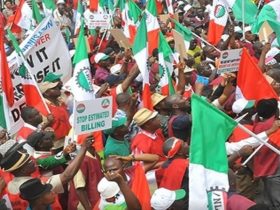

Leave a Reply